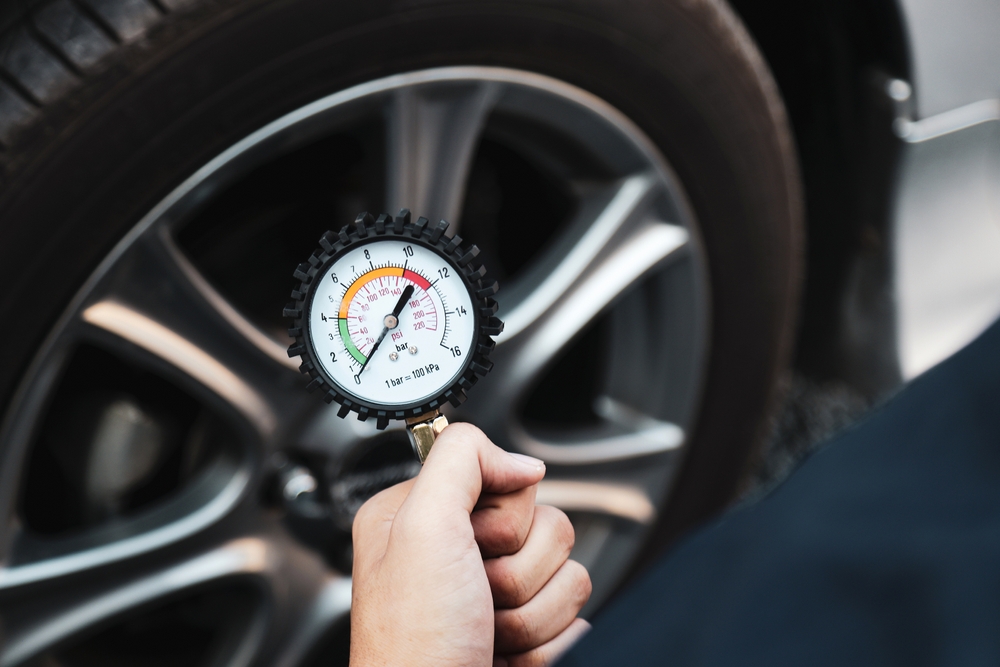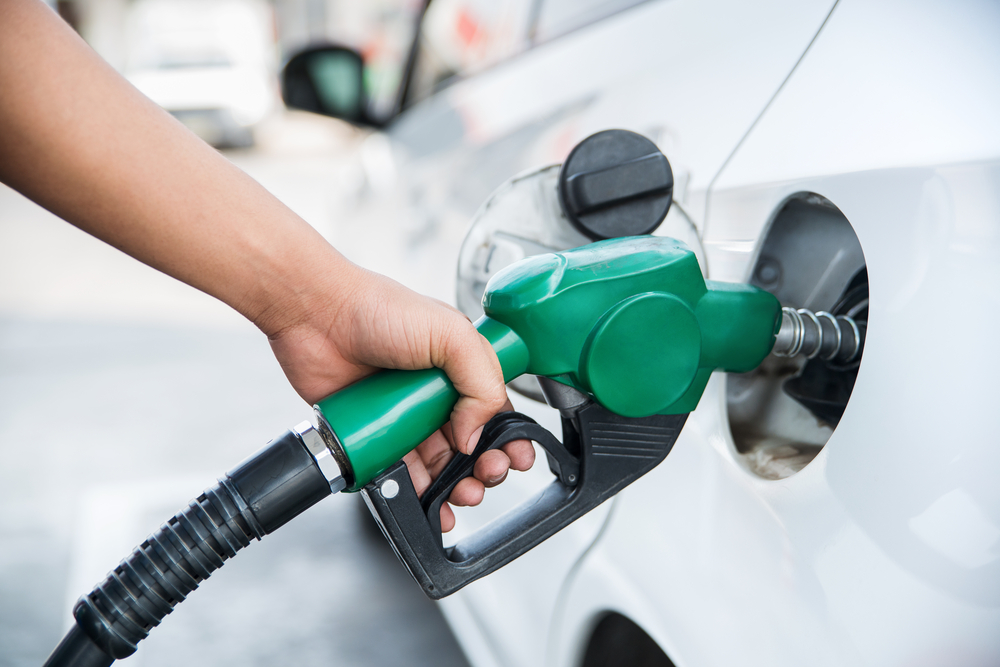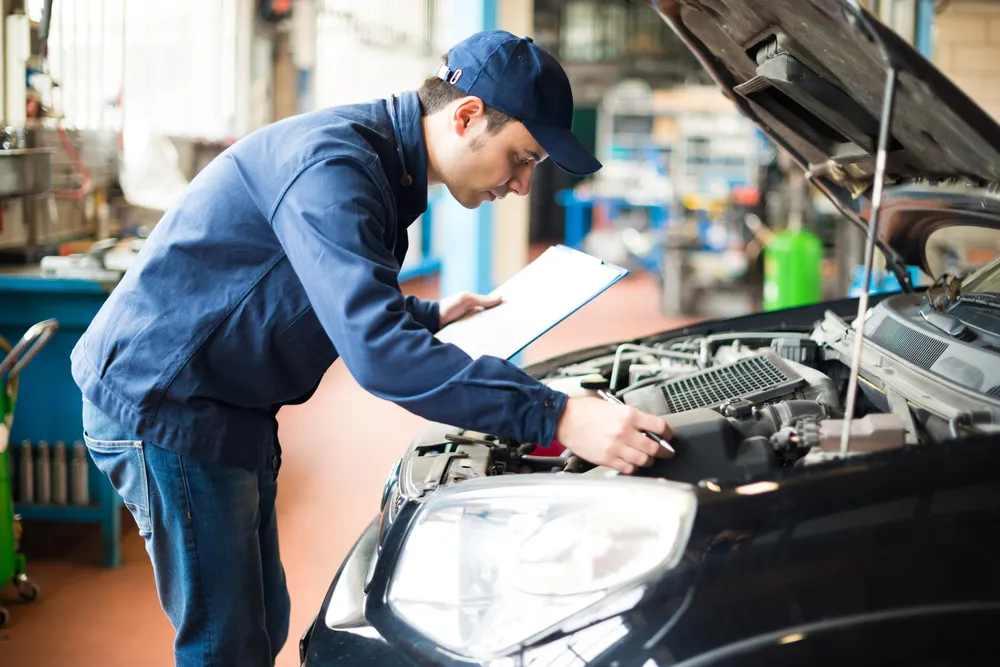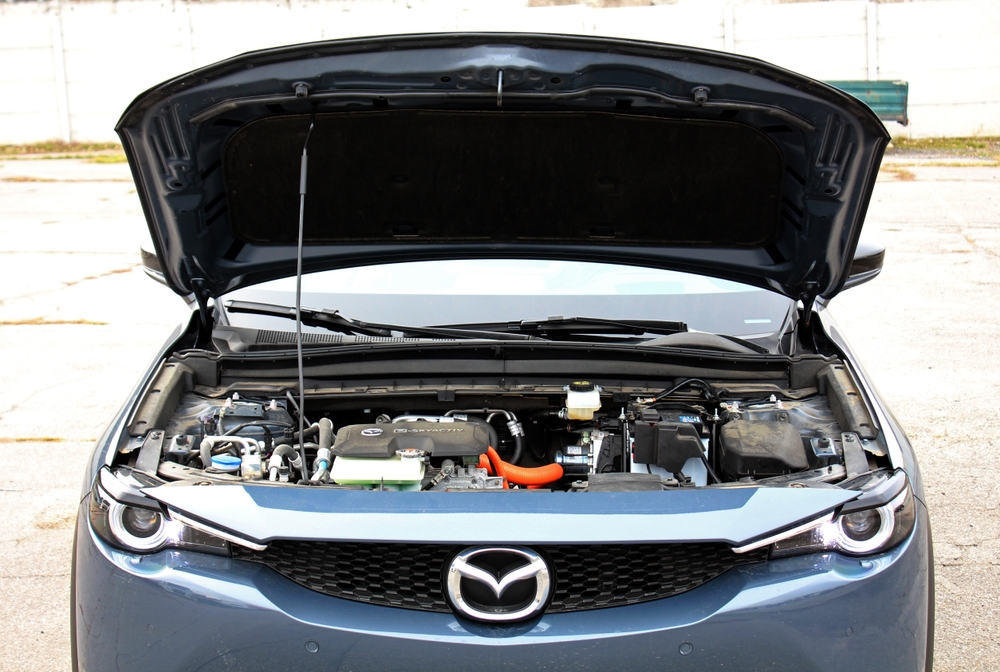When it comes to car maintenance, it’s often the little things that can save you from wallet-draining repairs down the line. Everyone knows a horror story of a minor issue spiraling into a major financial blowout. Fortunately, there are practical hacks that, while simple, can significantly extend the life of your vehicle and keep it running smoothly. Let’s explore some savvy strategies to preserve your car and your budget, while ensuring your ride remains as reliable as the day it first left the dealership.
1. Regularly Check Your Tire Pressure

Keeping your tires properly inflated is one of the simplest, yet most effective, car maintenance hacks. Under-inflated tires can lead to increased wear, reduced fuel efficiency, and even blowouts. By checking your tire pressure monthly, you can ensure they’re inflated to the recommended levels in your vehicle’s manual. This habit not only saves you money on fuel but also prevents the premature wear of your tires.
In fact, the National Highway Traffic Safety Administration reports that proper tire maintenance can lead to a 3.3% improvement in fuel efficiency. Additionally, maintaining the right tire pressure can extend your tires’ lifespan, saving you hundreds of dollars annually. It also enhances your vehicle’s handling and safety, providing you peace of mind. So, invest in a reliable tire pressure gauge and make it a habit to check your tires regularly.
2. Regularly Change Your Oil

One of the most crucial car maintenance tasks is ensuring your engine has the fresh oil it needs. Clean oil reduces friction, allows for smooth engine operation, and prevents overheating. By adhering to your car manufacturer’s recommended oil change schedule, you protect your engine from unnecessary wear and tear. This simple act can significantly extend your engine’s lifespan.
Furthermore, fresh oil enhances your vehicle’s fuel efficiency and performance, making it feel like new again. Neglecting oil changes can lead to sludge build-up, which can eventually result in costly engine repairs or replacement. Many drivers underestimate the importance of this quick and affordable task, only to face expensive consequences later. Regular oil changes are a small price to pay for the long-term health of your car.
3. Use the Recommended Fuel Type

While it might be tempting to save a few bucks by using a lower octane fuel, this can have detrimental effects on your vehicle. Manufacturers design engines to run on specific fuel grades, and using anything less can cause knocking, reduce efficiency, and harm the engine. Over time, using the wrong fuel can lead to costly repairs that far outweigh any short-term savings at the pump.
According to a study by the American Automobile Association (AAA), using premium-grade fuel in a vehicle that does not require it offers no additional benefits. Conversely, using lower-grade fuel in a high-performance engine can decrease efficiency and performance. Always refer to your owner’s manual for the recommended fuel type. Following these guidelines ensures your engine runs as intended and helps you avoid potentially expensive maintenance issues.
4. Keep an Eye on Fluid Levels

Your car relies on more than just oil to function smoothly; coolant, transmission fluid, brake fluid, and power steering fluid all play vital roles. Make it a habit to check these fluid levels regularly and top them off as needed. Low fluid levels can lead to overheating, brake failure, or even complete engine breakdowns. By maintaining proper fluid levels, you help ensure your vehicle runs efficiently and safely.
Furthermore, keeping fluids topped off can prevent air from entering the system, which can cause components to work harder than necessary. This extra strain can lead to early wear and potentially costly repairs. Moreover, using the right type of fluid matters—using the wrong one can lead to damage and inefficiency. So, keep a close eye on those reservoirs and consult your manual for the correct fluid types.
5. Replace Worn-Out Spark Plugs

Spark plugs may seem like a minor component, but they play a critical role in your car’s performance. Worn or faulty spark plugs can lead to reduced fuel efficiency, poor engine performance, and difficulty starting your vehicle. Replacing them as recommended by your car manufacturer can improve your engine’s performance and fuel economy.
Research from the National Institute for Automotive Service Excellence (ASE) shows that malfunctioning spark plugs can lead to a 30% decrease in fuel efficiency. By simply replacing them when needed, you’re ensuring your engine runs smoothly and efficiently. It’s an affordable maintenance task that can prevent more expensive repairs down the road. Keeping your spark plugs in check helps maintain your car’s health and performance over time.
6. Regularly Rotate Your Tires

Your tires wear down differently depending on their position on your vehicle, and rotating them can help distribute this wear evenly. This simple maintenance task can extend the life of your tires significantly. By rotating your tires every 6,000 to 8,000 miles, you ensure they wear evenly, which enhances your car’s handling and increases safety.
Moreover, even tire wear can improve your car’s fuel efficiency and reduce the strain on other suspension components. Uneven tire wear can lead to vibrations, increased noise, and reduced performance. It’s a cost-effective way to maximize the lifespan of your tires and improve driving comfort. By making tire rotation a regular part of your car maintenance routine, you ensure a smoother and safer ride.
7. Clean Your Battery Terminals

Corroded battery terminals can lead to poor electrical connections, which can cause startup issues and potentially leave you stranded. Cleaning your battery terminals regularly can prevent corrosion and ensure your vehicle starts reliably. This simple task involves disconnecting the battery, cleaning the terminals with a wire brush, and reapplying a protective layer.
According to experts from the Battery Council International, regularly maintaining your battery terminals can significantly extend your battery’s lifespan. Corrosion buildup can interrupt the flow of electricity, leading to performance issues or even a dead battery. By taking a few minutes to clean and inspect your battery, you can avoid unexpected failures. This minor maintenance hack is an effective way to keep your vehicle’s electrical system in top shape.
8. Replace Your Air Filter

A clean air filter is crucial for your engine’s efficiency and performance. Over time, air filters accumulate dirt and debris, which can restrict airflow and reduce engine performance. Replacing your air filter as recommended by your vehicle’s manufacturer can improve fuel efficiency, increase acceleration, and prolong engine life.
Additionally, a clean air filter helps reduce emissions, making your vehicle more environmentally friendly. It’s a fast and affordable maintenance task that can yield significant benefits. Neglecting the air filter can lead to reduced performance and increased fuel consumption. By ensuring your air filter is in good condition, you maintain your vehicle’s efficiency and performance.
9. Use Sunshades and Window Tint

Excessive heat from the sun can damage your car’s interior and cause your dashboard and seats to crack and fade over time. Using sunshades and window tint can protect your car’s interior from UV damage while keeping it cooler. This simple hack can help preserve your car’s resale value and increase comfort during hot months.
Moreover, a cooler interior reduces the need for air conditioning, which can improve your vehicle’s fuel efficiency. Investing in quality sunshades and professional window tinting can pay off in the long run. Not only do they protect your car’s interior, but they also enhance privacy and reduce glare. By taking these preventive measures, you ensure a more enjoyable and comfortable ride.
10. Drive Smoothly

Aggressive driving habits like rapid acceleration, hard braking, and excessive speeding can take a toll on your vehicle. By adopting a smoother driving style, you can reduce wear and tear on your car’s engine, brakes, and tires. This approach not only extends the life of your vehicle but also improves fuel efficiency and safety.
Furthermore, smooth driving habits reduce the risk of accidents and unnecessary stress on your car’s components. It’s a simple, no-cost measure that can save you from costly repairs in the future. Additionally, it contributes to a more relaxed and enjoyable driving experience. By being mindful of your driving habits, you protect your car and your wallet.
11. Park in the Shade

Parking in the shade can help protect your car’s paint and interior from UV damage. Prolonged exposure to the sun can cause your car’s paint to fade and your dashboard and seats to crack. By parking in shaded areas or using a car cover, you can preserve your car’s appearance and maintain its value.
Additionally, keeping your car cooler reduces the need for air conditioning, which can improve fuel efficiency. Over time, sun damage can degrade the materials in your car’s interior, leading to expensive repairs or replacements. By making a habit of parking in the shade, you protect your investment and ensure your car looks good for years to come. It’s a simple, yet effective way to maintain your car’s aesthetic appeal.
12. Keep Your Car Clean

Regularly washing your car not only keeps it looking its best but also protects it from damage. Dirt, grime, and salt can accumulate and cause your car’s paint and metal components to deteriorate. By washing and waxing your car regularly, you protect it from corrosion and maintain its resale value.
Moreover, a clean car is more enjoyable to drive and reflects your attention to detail. Regular cleaning can prevent the buildup of harmful substances that can lead to rust and corrosion. It’s a simple maintenance task that pays off in the long run. By investing time in keeping your car clean, you ensure it remains in optimal condition for years to come.
This article is for informational purposes only and should not be construed as financial advice. Consult a financial professional before making investment or other financial decisions. The author and publisher make no warranties of any kind.








